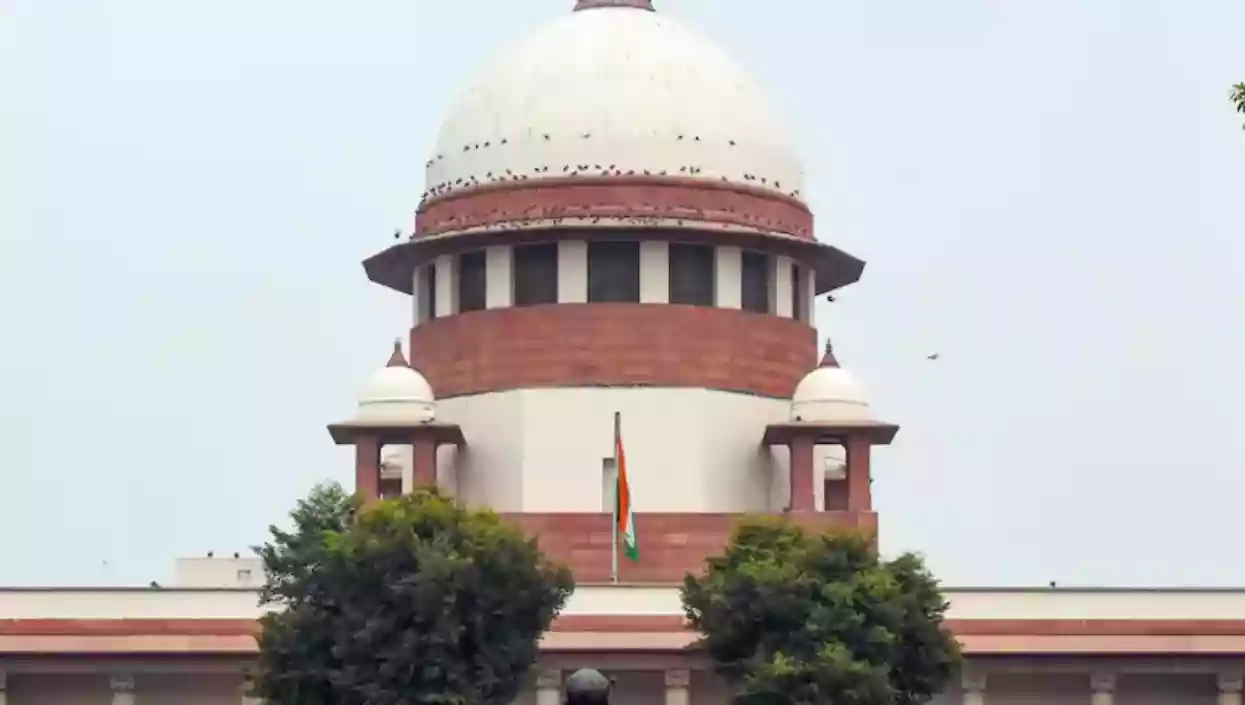.gif)
.gif)

The Supreme Court of India on Friday dismissed a public interest plea that sought to ban children below the age of 13 from using social media platforms. The bench, led by Justices B R Gavai and Augustine George Masih, termed the issue a “policy matter” and declined to intervene, directing the petitioner to approach the appropriate government authority instead.
The petition, filed by the Zep Foundation through advocate Mohini Priya, had called for urgent legislative and regulatory action, citing an alarming mental health crisis among children. It argued that unregulated access to social media was leading to addiction, anxiety, depression, and even suicide among minors.
The bench acknowledged the gravity of the concerns raised but stated, “It is a policy matter. You ask Parliament to enact the law.” The Court allowed the petitioner to make a formal representation to the relevant government authorities, instructing that if such representation is submitted, it should be reviewed within eight weeks.
The plea demanded mandatory parental controls, real-time monitoring tools, and biometric-based age verification systems for children under 18, as well as penalties for social media platforms failing to comply with safety norms. It further urged algorithmic safeguards to block addictive or harmful content from reaching minors.
The petition highlighted data from Maharashtra, showing 17% of children aged 9–17 spending more than six hours daily on social media or gaming platforms. It also noted that nearly one-third of India’s population is under 18 and that digital exposure is increasing rapidly amid 78% mobile connectivity.
Calling the situation a “public health emergency,” the plea pushed for a digital literacy campaign across India to educate parents, teachers, and students about the psychological harms of excessive online engagement. However, the Court reiterated that such matters fall within the legislature's purview and declined to pass any judicial orders.